Australia Must Ignore Greece, more focus on Asia.
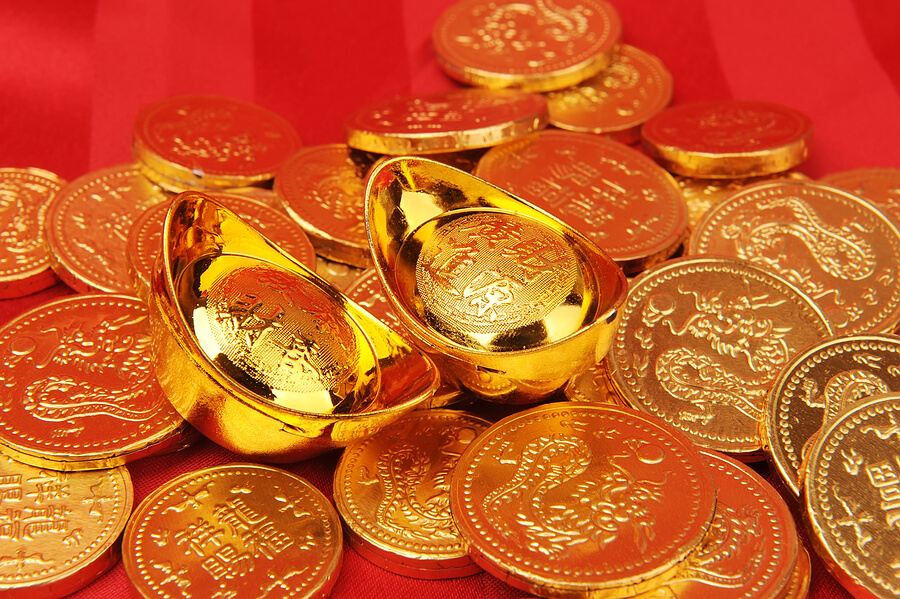
In April 2020, GoldNews.com.au came under new management, articles published before this time, such as the below, may not reflect the views or opinions of the current GoldNews.com.au team.
The media loves the disaster happening in Greece and the world actually falls in that game. Things with the European Union and Greece are really messed up economically, but nobody is paying attention to a bigger crisis occurring right now in Asia.
This situation isn’t really covered by the international media, with only the directly affected countries (Asia and Oceania) paying attention to the matter. I am talking about how Australia recently became one of the biggest losers due to the current situation in China. With all Chinese mining demands interrupted, things are not looking good for government or private business in Australia.
China represents Australia’s main buyer in many industries, however the Asian country is most well known for being our biggest importer of gold and other mining commodities. Much of the Australian governments budget revenue has vanished as a direct consequence of the current problems.
In China itself, government and state-owned media keep trying to maintain the order among their people. Is essential to mention that a big share of the investors who lost their money were the Chinese mid-class. China’s government is worried about any social repercussions this event may cause. But the PBOC has moved to relieve the pain from the people and add some liquidity to the markets, with the Central Bank is now lending big money and easing formalities to create a season of major trading and investment in the bearish market.
In this manner of controlling the markets losses, investors are going to feel more relaxed and motivated… or that is what the People’s Bank of China aims to achieve. The PBOC also decided to limit the IPOs (Initial Public Offering) and boost the rest of the market, in what is seen by many externally as a risky but not an unexpected decision.
Following the most important Chinese indicator, the Shanghai Composite experiencing a fall of 27 percent from its June 12 peak, foreign investors are fleeing and with a good reason. Problems of this magnitude haven’t been seen in awhile.
All these circumstances greatly affect the situation in Australia and potentially the rest of the world. The Australian Dollar had an initial drop to a record low of 74.52 US cents and other relevant problems with our supply lines to China are still flowing. With all these factors in mind, it has been noted the majority of investors are maintaining a defence position, and they remain in the edge of the markets, waiting for a better, calmer period. So far Australia has little in the way of viable resolutions to the current situation, with the economy heavily dependent on China and the US dollar.
Mr. Jordan Eliseo, chief economist at ABC Bullion said that “There is no question our export earnings are going to take another hit”, referring to the Australian economy. He also states that the country will suffer “recession-like” symptoms and consequences in the next few years. The forecasts are not good. The Shanghai Composite has dropped 150 percent in the last 12 months and things aren’t improved. The PBOC’s moves and measures should continue to return positive results for the near future and this expectation has been verified recently by many experts.
Now the new wave of Chinese investment has entered, local Chinese brokers are expected to invest more than US$ 25 million in markets to fight the falling tendency and return past investment losses in the short term, without killing the countries externally viewed economic growth streak. Everybody is expecting this to impact locally in a relevant way, with the AUD expected to experience a small rebound any time now.
Interest Rates: The Reserve Bank of Australia (RBA) on July 7th did not change interest rates from 2 percent, an expected outcome considering the entire panorama. The two events of monetary policy easing however has not spelled a good future outlook, considering the USA is expected to begin raising their interest rates in the near future.
Real Estate: Some recent reports have stated fear about Sydney’s Real Estate market being on the brink of deflation, which has seen rapid expansion from investors taking a serious advantage from the low-interest-rates. The last thing that the Australian government wants right now is another market in crisis, and while they have made few comments recently to help improve investor confidence in the Sydney real estate market, most people know in truth there is an ever increasing property bubble in Australia, it is just a matter of making your money before the inevitable begins to occur. It is however unlikely any serious changes will take place under the current Government to lower housing prices, however countries such as New Zealand and Canada have taken recent steps to attempt lowering the price of housing.
For employment figures, Australia’s labour market has shown important signs of rehabilitation. Unemployment had a drop to a 12-month historic of 6% the past June. Unfortunately, as these figures came before the recent economy changes, it is likely many jobs will again be lost.












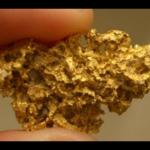
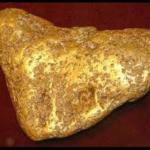
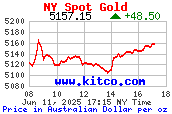
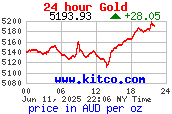
Leave a Reply